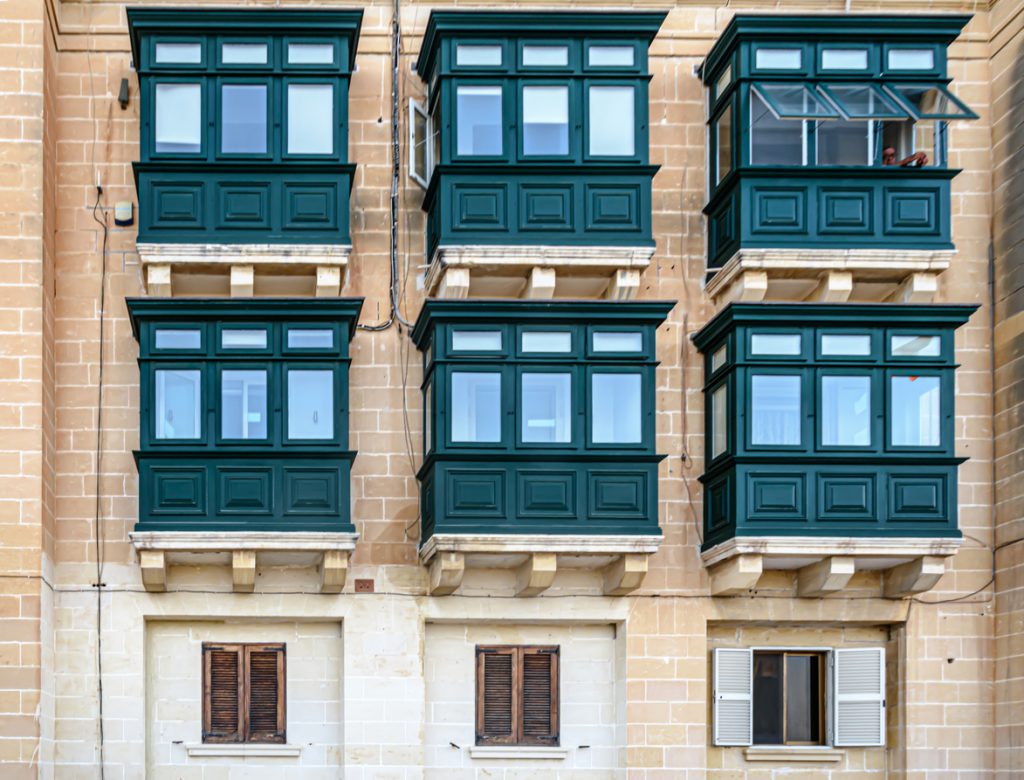The housing affordability challenge

The sharp rise of prices in the property market undoubtedly poses a daunting affordability challenge to future generations. At this rate the option of buying your own property will be out of reach for the majority of the people, even those who might not be necessarily considered low-income earners.
In the span of just 50 years, we have gone through both extremes. The huge, terraced houses dished through government schemes in the 1970s and 1980s were replaced by maisonettes and apartments in the 1990s which were nonetheless an adequate solution to mitigate the housing problem. Meanwhile property prices in the private started rearing their heads but remained affordable even though units started to shrink in size. Nowadays we have gone to the other extreme as the option of buying a house with your own airspace has become a privilege enjoyed by few.
The annual survey commissioned by the Malta Developers Association is testament to this. Between 2015 and 2021, housing affordability dropped for all types of dwellings. We have now reached a stage whereby the average price for an apartment is around €254,000 which is almost treble the price of a maisonette at the turn of the millennium. Needless to say, the average household income has not grown by such a rate. Consequently, aspiring property owners are having to lower their expectations in terms of dwelling size and location while having to sacrifice a larger chunk of their income and dig deeper in their pockets.
For the time being the situation might not look so desperate, as the property market is still going strong, at least judging by the number of deeds signed each month. However, the saturation limit could be around the corner. The reason is that we have now reached in then end of the road in terms of downsizing property sizes, the increase in prices and people’s income. We are witnessing people unable to afford even the smallest of homes and struggling to rent a place. The very fact that nowadays government has rolled out a scheme whereby prospective owners get a loan to be able to make the 10% deposit for a mortgage speaks volumes. In other words we have reached a stage in which you get a loan to get a loan! Other measures to improve affordability such as a €10,000 grant over a 10-year period, the reduction of stamp duty and incentives for properties in urban conservation areas have had a limited impact as they cannot keep up with the property market inflation. Looking at the bigger picture the housing problem has also being partially self-inflicted through the passport scheme which is fuelling demand as it obliges applicants to acquire or rent property, as well as the sharp rise in population which has triggered a spike in the rental market.
Looking ahead, if the situation is not addressed there could be significant demographic consequences. A lack of housing affordability could trigger an exodus of young people, which in turn could have consequence on other issues like the sustainability of pensions. This is why Malta needs a serious effort to draft a long-term plan to decide our economic and social directions. A plan which is not underpinned by 5-year electoral considerations but one which truly seeks to address the huge housing affordability challenge.
